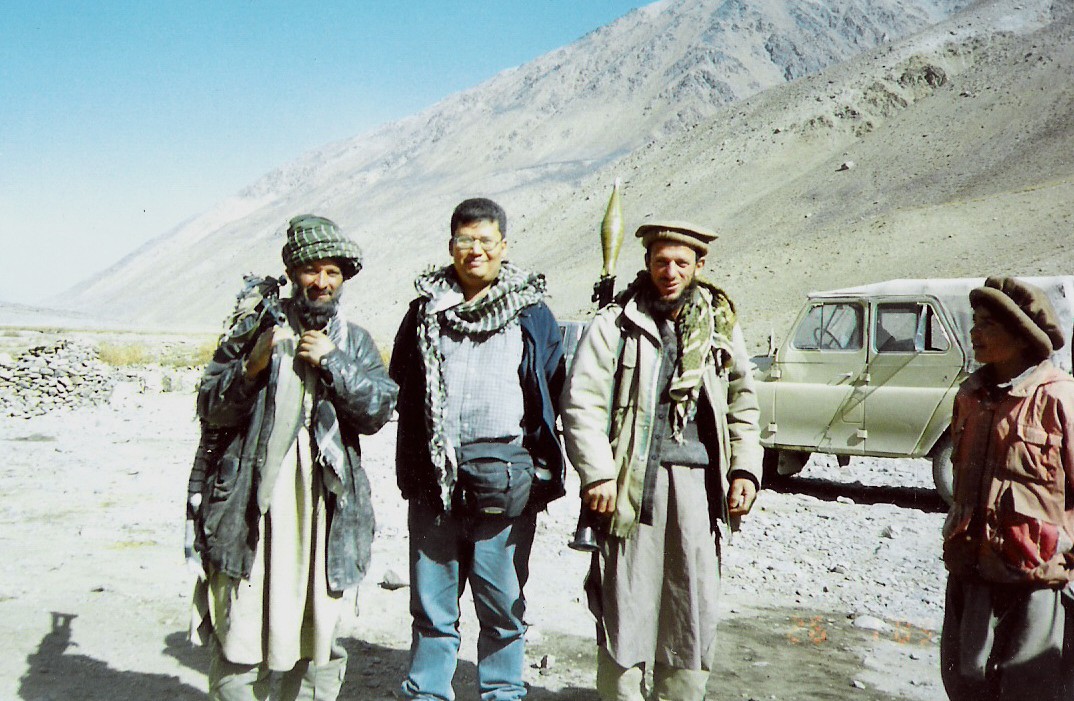The Nation
Malaysian Prime Minister Najib Razak came to Thailand with a clear message: the Malay-speaking region in the country's southernmost provinces was an integral part of the Kingdom.
While respecting Thailand's territorial integrity, Najib also reminded the government that the region had different characteristics that would need special attention. Historical grievances and aspirations of the Malays of Patani must be addressed if the conflicts are to end, he warned.
However, perhaps as a move to show that he is a good sport, Najib backed away from the "autonomy" idea, and instead endorsed Prime Minister Abhisit Vejjajiva's "decentralisation" approach.
Amid the spate of bomb attacks against security forces, the two leaders were reminded that where they go from here will not be easy, because behind these bombings was the message: what's acceptable to the two countries may not necessarily be acceptable to the Patani Malays or the separatist movements.
Nevertheless, the cordial atmosphere was an indication that the two countries had moved beyond recent history when Thaksin Shinawatra's arrogance brought bilateral relations to its knee.
Today, that kind of microphone diplomacy is not applied, but that doesn't mean it won't happen again. Thailand's culture of impunity in the restive region could very well have forced Malaysia and other Muslim countries to break their silence.
Apparently, some ill-intentioned people in the restive region don't like the fact that the two countries are moving closer. Posters and banners saying, "Patani is a part of Malaysia" were scattered all over the region, while local residents think some ultra-Thai nationalists looking to distort the significance of the visit might have been behind the incidents.
As pointed out by Senator Warawit Baru, a respected academic from the region, the insurgents don't relate to Malaysia as a nation-state, instead they feel distanced from the Thai state.
It's an open secret that hardliners think Abhisit is giving away too much political capital by allowing Kuala Lumpur to move closer to what they deem as domestic problems. In their mind, a good insurgent is a dead insurgent, so when things such as the banners surfaced, these hardliners in the security community came to mind.
In fact, if one were to go deep enough into the back roads of this restive region, one would see "Patani Merdeka" written all over the place. It means "Free Patani" - free from Thailand and free from Malaysia.
Locals said they were reminded of last year's hoax when a group of ethnic Malays, in fake moustaches and beards, declared an end to insurgency. They called themselves the "Southern Thai Muslims". People with half a brain can figure out who wrote the script. Never in the history of this restive region have the militants called themselves "Southern Thai".
The deep South is undergoing an ethno-nationalistic dispute, one that challenges the Thai state's legitimacy there. Resolving this would require a great deal of sophistication and sensitivity because it centres on national pride, history and the dignity of all the affected parties.
Unfortunately, we never hear the words "human dignity" coming out of either leader's mouth. All we heard were the usual sound bites of how development would cure all. If the past six years are any indication, the billions of baht spent have not really won the state that many hearts. This is not because a big chunk of it is being skimmed off the top, but because handouts do not mean empowerment. They do nothing to enhance one's sense of ownership.
Bangkok will have to let go of its "I know better" attitude and give the Patani Malays enough political space to talk about their grievances, resentments and aspirations.
We may not like the fact that the Thai-Patani history is full of blood, but acknowledging history for what it is can help all sides come to terms with the past and move forward as a united country. Surely the two leaders understand how disturbing an ethno-nationalist struggle can be. After all, they both studied in Britain.
Sadly though, both Abhisit and Najib have been unable to go beyond their narrow mindset of a nation-state. Patani should not be reduced to a footnote in Thailand's nationhood. It has its own myths, legends and tales that are not related to Thailand's history. And if this point is not taken into consideration, any political model, a development scheme or a peace process put forward is doomed to fail.
